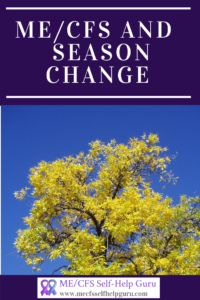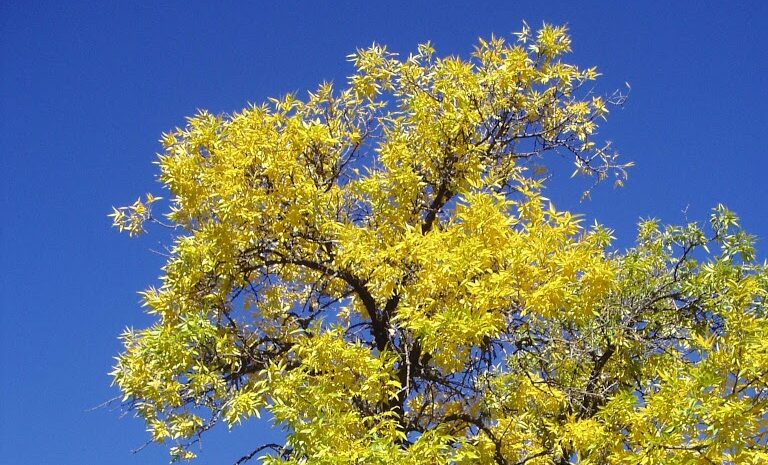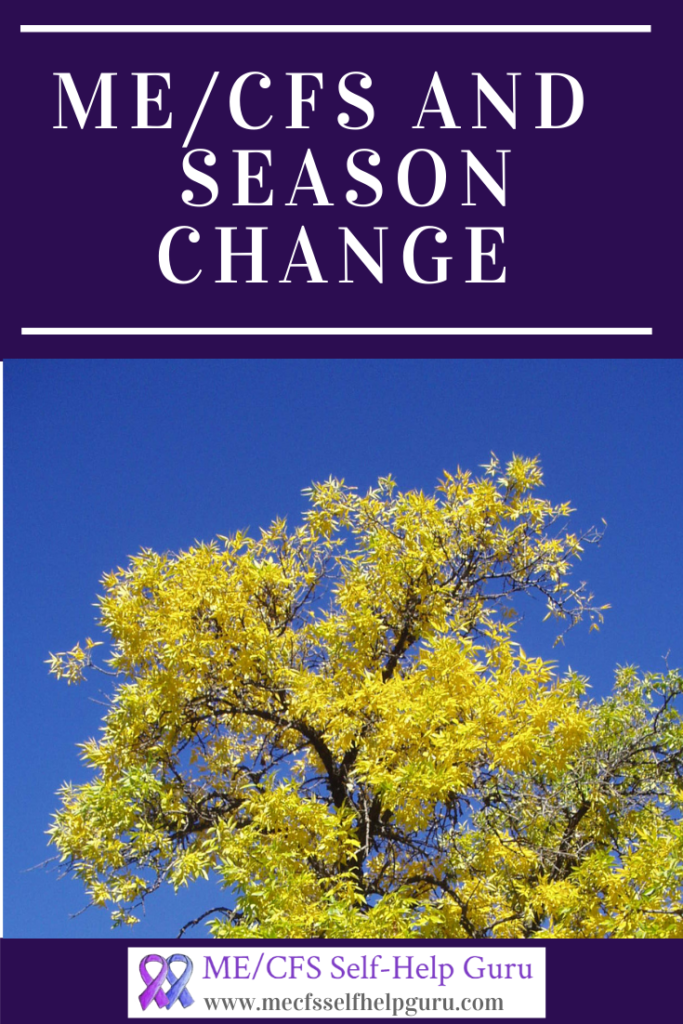I find this time of year particularly difficult. The transition from summer to autumn always seems to have a negative impact on my symptoms. It is something I have learned to accept. As with any extra pressure on my functioning, I always try to cut back on my activity and save more of my energy for adjusting and healing.
Traditional Chinese Medicine recommends a preventative treatment four times a year at season change. The idea is that the changing energies in the environment can worsen any energetic imbalance within the body. The beginning of spring and autumn are thought to have the biggest impact as they represent the shift from a predominance of Yin (cool, dark, moon etc.) energy to a predominance of Yang (hot, light, sun etc.) energy and visa-versa. This makes a lot of sense to me in terms of my experience. I barely notice the transition between spring and summer, and autumn and winter, but I definitely notice the other two.
At different times of the year we tend to want to eat different things. For example, I will eat a salad every day for lunch during the summer, but prefer soup in winter. People are generally more active in the summer and spend more time following sedentary pursuits in the winter. Think about TV programming: All the most entertaining TV is programmed for autumn and winter when viewing numbers are higher, bringing higher earning potential from advertising. This can be rather frustrating for those of us who are forced to be sedentary all year round. But my point is that our environment does influence our bodies and that times of change in our environment must require an adjustment in our bodies too. For those of us already out of balance this adjustment can be hard.
 So, look after yourself this season change. Dress with layers so that you can adapt to fluctuating body temperature. Don’t let yourself get cold. Get some early nights and rest a little more than you would need to on an average day. Make sure all movement and exercise is particularly gentle. Even if the cold makes you feel the need to generate more internal heat, more intense exercise is never a good idea. Many breathing exercises can be warming. Try the complete breath, but pause twice during the inhalation, splitting it into 3 parts. Allow the exhalation to flow naturally. Eat more soups and stews, and foods with plenty of moisture. Warming spices such as cinnamon and ginger are also good at this time of year.
So, look after yourself this season change. Dress with layers so that you can adapt to fluctuating body temperature. Don’t let yourself get cold. Get some early nights and rest a little more than you would need to on an average day. Make sure all movement and exercise is particularly gentle. Even if the cold makes you feel the need to generate more internal heat, more intense exercise is never a good idea. Many breathing exercises can be warming. Try the complete breath, but pause twice during the inhalation, splitting it into 3 parts. Allow the exhalation to flow naturally. Eat more soups and stews, and foods with plenty of moisture. Warming spices such as cinnamon and ginger are also good at this time of year.
A small favour: Could you rate this article using the stars below the related posts? Thank you!
Last updated 3/10/2020






